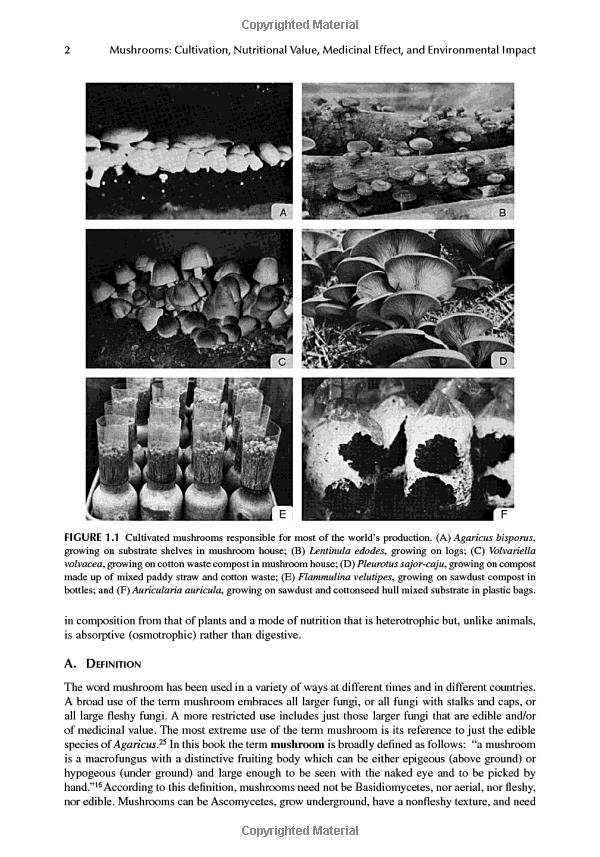"Does Mulch Attract Insects - Unveiling the Truth Behind Mulch and Insect Attraction"
Guide or Summary:Mulch and Its FunctionsInsects and Their Attraction to MulchOrganic Mulch and Insect AttractionInorganic Mulch and Insect AttractionImpact……
Guide or Summary:
- Mulch and Its Functions
- Insects and Their Attraction to Mulch
- Organic Mulch and Insect Attraction
- Inorganic Mulch and Insect Attraction
- Impact of Mulch Thickness on Insect Attraction
- Insect Attraction and Garden Health
Description:
In the lush tapestry of a well-maintained garden, mulch plays a pivotal role in nurturing the soil, retaining moisture, and moderating temperature. However, the question of whether mulch attracts insects has piqued the curiosity of many garden enthusiasts, both novices and experts alike. This article delves into the complex dynamics between mulch and insects, exploring the truth behind this intriguing relationship.
Mulch and Its Functions
Mulch, primarily composed of organic materials such as bark, leaves, or straw, serves multiple functions in a garden ecosystem. Its primary purpose is to protect the soil by reducing water evaporation, maintaining consistent soil temperature, and preventing weed growth. Additionally, mulch enriches the soil by breaking down over time, adding essential nutrients to the garden bed.

Insects and Their Attraction to Mulch
Insects, with their diverse roles in the ecosystem, are naturally drawn to various plant parts and soil conditions. Understanding whether mulch attracts insects requires examining the specific characteristics of the mulch and the types of insects in question.
Organic Mulch and Insect Attraction
Organic mulches, such as wood chips, straw, or shredded leaves, tend to attract a wide array of insects. These materials provide excellent habitat and food sources for various insect species. For instance, decomposing organic mulch attracts beetles, ants, and earthworms, which in turn contribute to the soil's health by breaking down organic matter and enhancing nutrient availability.
Inorganic Mulch and Insect Attraction
In contrast, inorganic mulches like stone, gravel, or plastic are generally less attractive to insects. Their non-organic composition and lack of decomposition provide minimal food and habitat for insects. Consequently, these mulches are less likely to attract insect pests or beneficial insects that thrive on organic material.

Impact of Mulch Thickness on Insect Attraction
The thickness of mulch also influences insect attraction. Thick layers of mulch can create a warm, humid microenvironment that attracts certain insect species, particularly those that thrive in moist conditions. Conversely, thin layers of mulch may not provide sufficient insulation or moisture retention, reducing its attractiveness to insects.
Insect Attraction and Garden Health
While certain insects can be beneficial for garden health, understanding the dynamics between mulch and insect attraction is crucial. Attracting beneficial insects, such as ladybugs or predatory beetles, can help control pest populations naturally. However, excessive attraction of harmful insects, like termites or slugs, can lead to garden damage and reduced yields.
In conclusion, the question of whether mulch attracts insects is multifaceted. Organic mulches, particularly those rich in decomposing materials, tend to attract a variety of insects, both beneficial and harmful. In contrast, inorganic mulches and thin layers of organic mulch are less likely to attract insects. Understanding these dynamics allows gardeners to strategically use mulch to enhance garden health while minimizing the risk of insect-related issues.

By employing informed practices and selecting appropriate mulch types, gardeners can create a balanced ecosystem that promotes biodiversity and sustainable gardening. Whether you're cultivating a flourishing vegetable patch or a serene flower garden, the relationship between mulch and insects is an essential aspect of maintaining a thriving outdoor space.